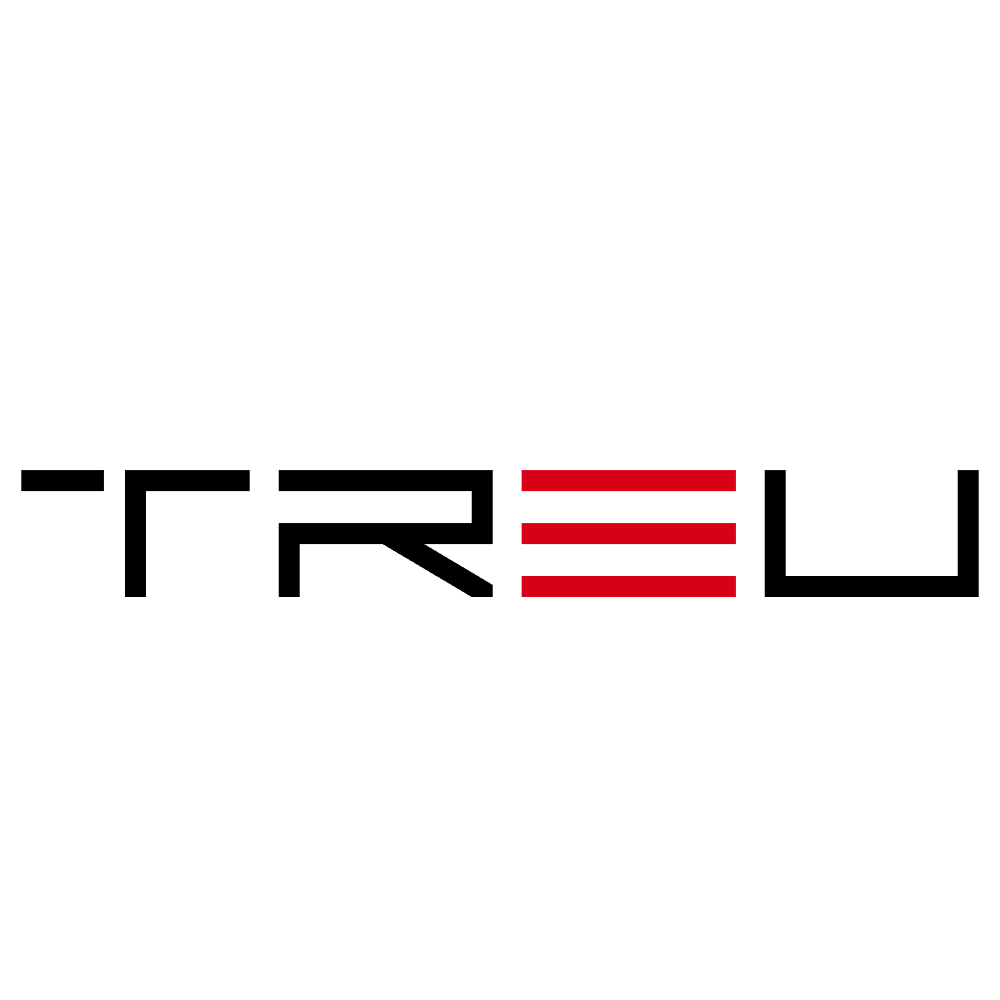Google AI Innovations Transforming the Future of Cybersecurity Defense
Introduction: The AI Shift in Digital Security
In the digital age, cyber threats are evolving at an unprecedented pace. From ransomware attacks to phishing campaigns and advanced persistent threats, companies worldwide are facing increasingly sophisticated adversaries. Google, a pioneer in artificial intelligence (AI), is leading the charge by embedding AI innovations into cybersecurity, transforming how threats are detected, mitigated, and prevented. With its deep technological expertise and infrastructure, Google is not just responding to threats—it’s proactively reshaping the cybersecurity landscape.
How Google AI is Revolutionizing Cyber Defense
As organizations grow more dependent on digital tools, securing data and systems has become a top priority. Google’s AI-powered solutions offer a robust and proactive defense system, minimizing damage and increasing operational resilience. Here’s how Google is setting new standards in cyber defense:
Automated Threat Detection and Response
One of the most powerful applications of AI in cybersecurity is its ability to identify patterns, anomalies, and threats in real-time. Google’s AI-driven threat detection platforms are designed to:
- Identify zero-day threats that evade traditional security protocols
- Automate incident response, reducing the time between threat detection and resolution
- Leverage machine learning models trained on billions of daily interactions across Google’s ecosystem to detect unusual activities
By analyzing billions of signals globally, Google AI enables real-time threat identification, mitigating risks before they escalate into full-scale breaches. Tools like Chronicle, Google Cloud’s security analytics platform, are capable of correlating data across large volumes to find sophisticated threats in seconds.
AI-Powered Phishing Protection
Email remains one of the most common vectors for cyberattacks, particularly via phishing. Google’s AI innovations in Gmail and Google Workspace use natural language processing and behavioral analysis to:
- Detect suspicious payloads embedded in attachments and links
- Analyze sender reputation using AI-based models
- Flag dangerous content automatically before it reaches the user’s inbox
According to Google, its AI systems block more than 100 million phishing emails every day. These advanced filtering systems continuously evolve by learning from emerging threats, making them more adaptive and accurate over time.
Securing Cloud Workloads with AI
Google Cloud plays a key role in Google’s cybersecurity mission. With expanding infrastructure-as-a-service (IaaS) and platform-as-a-service (PaaS) offerings, cloud environments require continuous monitoring and control.
Google’s sophisticated AI capabilities are integrated into its cloud services to:
- Automatically monitor workloads and apps for unusual behaviors
- Implement threat detection across VM instances without human intervention
- Recommend configuration improvements with AI-generated insights that address vulnerabilities
Tools like Security Command Center Premium allow administrators to receive real-time alerts and recommendations generated by AI, enabling swift action across highly dynamic cloud environments.
Key AI Products Driving Google’s Cybersecurity Push
Google has developed and acquired a range of products and platforms designed to enhance its protective barrier against cybercrime. Each of these plays a unique role within the AI-powered cybersecurity ecosystem:
Chronicle
Originally a project by Google X, Chronicle now operates as part of Google Cloud. It uses advanced data analysis and hyper-scale storage to parse threat signals at unprecedented speed:
- Processes massive volumes of data from cloud, on-prem, and hybrid environments
- Detects threats in seconds that might have remained hidden in traditional SIEM systems for weeks
- Uses context-enriched security telemetry to surface anomalies and prevent damage
VirusTotal
VirusTotal, another Google-owned platform, leverages community insight and machine intelligence to scan and analyze files and URLs for viruses, worms, trojans, and other forms of malicious content.
Mandiant Acquisition
Google’s recent acquisition of Mandiant significantly strengthens its incident response capabilities. With Mandiant’s deep bench of cybersecurity experts, Google aims to integrate human intelligence with AI-powered platforms for a hybrid approach to threat assessment and mitigation.
Privacy and Ethics in AI-Powered Cybersecurity
AI can be a double-edged sword—while it strengthens defense, it also raises concerns regarding data privacy and ethical use. Google is acutely aware of these concerns and adheres to a transparent approach by:
- Designing AI systems with privacy-by-default principles
- Continuing research in explainable AI (XAI) to ensure humans understand AI-driven decisions
- Working with regulators and standards bodies to ensure AI usage in cybersecurity meets global compliance benchmarks
Trust is central to Google’s AI integrations, especially when they involve safeguarding sensitive data across corporate and government domains.
Future Outlook: AI as a Sentinel
The future of cyber defense hinges on intelligent automation. With cybercrime predicted to cost the world over $10 trillion annually by 2025, the need for advanced, scalable solutions is urgent. Google’s AI innovations offer a roadmap to:
- Predict attacks before they happen by modeling attacker behavior and intent
- Reduce response times by turning reactive measures into proactive countermeasures
- Replace legacy systems with scalable, cloud-native protections purpose-built for the modern enterprise
As AI continues to learn and improve, its defensive capabilities will become increasingly anticipatory, fundamentally changing how organizations secure their digital infrastructure.
Conclusion
Google’s AI-powered cybersecurity innovations are not just keeping pace with modern threats—they’re setting the standard for the future of digital defense. By integrating state-of-the-art machine learning with real-time analytics, Google is developing a security infrastructure that is proactive, intelligent, and adaptive.
As threat actors become more sophisticated, so too must our defenses. With AI at its core, Google’s approach to cybersecurity represents the next evolution in digital protection—smart, swift, and scalable.
In the ever-changing landscape of cyber threats, Google AI stands as a sentinel—alert, adaptive, and always learning.
To learn more contact us at: https://treupartners.com/schedule-meeting

